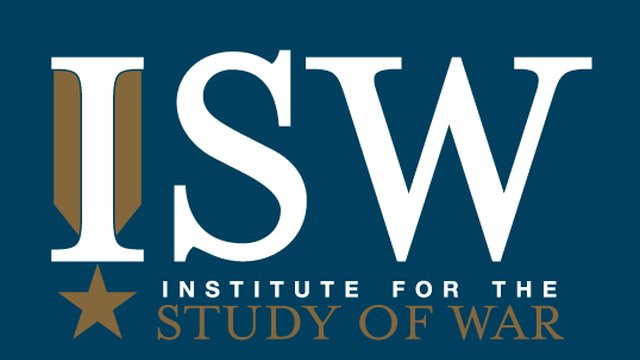ISW: Kremlin continues to time its nuclear saber-rattling to influence Western decision-makers

The Kremlin is stepping up the rattling of nuclear weapons in order to influence decision-makers on the eve of important political discussions in the West, in particular on the issue of allowing Ukraine to use Western weapons to defeat military targets on enemy territory, experts from the Institute for the Study of War (ISW) say. “The Kremlin continues to time its nuclear saber-rattling to coincide with major policy discussions in the West as part of a Kremlin reflexive control campaign to influence Western decision-makers,” a report posted on ISW website Wednesday reads.
It is noted that the Russian Ministry of Defense (MoD) claimed on May 21 that missile elements of the Southern Military District (SMD) began the first stage of non-strategic (tactical) nuclear weapons exercises. The Russian MoD also claimed that Russian Aerospace Forces will also exercise with Iskander ballistic missiles and Kinzhal aeroballistic missiles. The MoD announced the preparations for these exercises on May 6.
Military analysts noted that a prominent Kremlin-awarded milblogger explicitly tied Russian tactical nuclear weapons exercises to Kremlin efforts to influence Western decision-making — particularly targeting the recent discussions about the restrictions on Ukraine's use of Western-provided weapons to strike military targets in Russia — echoing ISW's assessment that Russia's tactical nuclear weapons tests are part of a Kremlin reflexive control campaign that often uses nuclear saber-rattling to influence Western decision-makers to engage in self-deterrence.
“Reflexive control is a key element of Russia’s hybrid warfare toolkit — it is a tactic that relies on shaping an adversary with targeted rhetoric and information operations in such a way that the adversary voluntarily takes actions that are advantageous to Russia,” the Institute analysts say.
ISW continues to assess that U.S. and Western policies limiting Ukraine's ability to strike military targets in Russia are severely compromising Ukraine's ability to defend itself against current Russian offensive operations in northern Kharkiv region or any area along the international border where Russian forces may choose to conduct offensive operations in the future.

